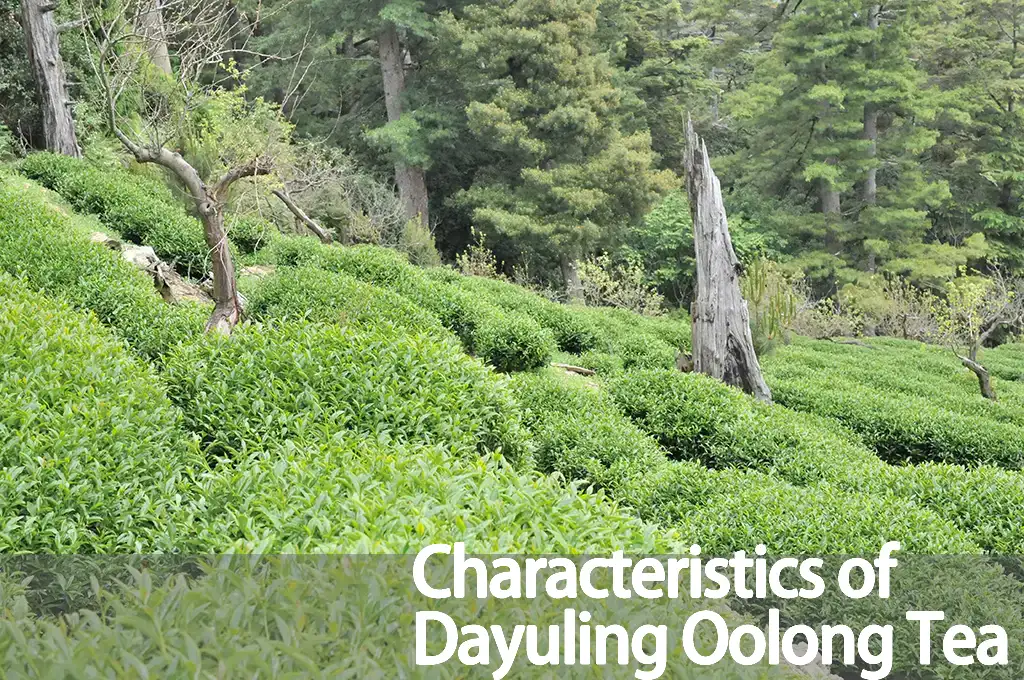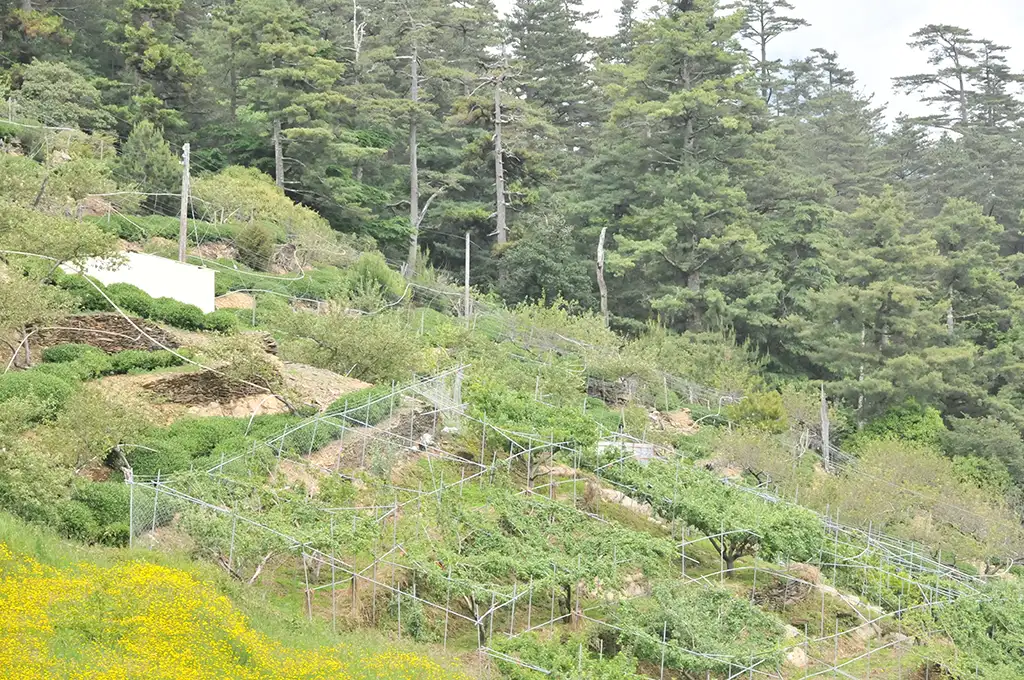When talking about Dayuling Tea, high-mountain tea enthusiasts immediately think of “extreme altitude,” “exceptional taste,” “high price,” and “cold climate.” But beyond these impressions, what makes Dayuling Tea so unforgettable after just one sip?

Unique Traits of Dayuling Oolong Tea
| Exceptional Sweetness Due to Harsh Climate | Grown in the high mountains, Dayuling Tea experiences snowfall in winter and spring, with nighttime temperatures often dropping below 0°C and a daily temperature fluctuation of up to 20°C. This unique climate reduces bitterness and astringency while enhancing the tea’s natural sweetness. |
| Thick Leaves with Rich Mouthfeel | Tea plants at high altitudes require more nutrients, so farmers apply abundant organic fertilizers. As a result, the tea leaves are thicker and richer in pectin, producing a tea liquor that is glossy, aromatic, and full-bodied. |
| Distinct “Cold Frost” Flavor | Located near Hehuan Mountain—a towering 3,800-meter peak in Taiwan—Dayuling Tea is constantly exposed to the cold mountain winds, which impart a distinctive “cold frost” flavor (冷霜味) cherished by Taiwanese tea lovers. To preserve this unique taste, Dayuling Oolong Tea is typically processed with light fermentation and no roasting. If heavily fermented and roasted, the tea’s character would be altered, diminishing its signature qualities. |

Beyond the rare “cold frost” flavor, Dayuling Tea often carries delicate floral and fruity notes due to the extreme day-night temperature variations and organic cultivation methods. Its taste is fresh, layered, and refined. If you ever have the chance, don’t miss out on this extraordinary high-mountain oolong from Taiwan’s highest-altitude tea region.